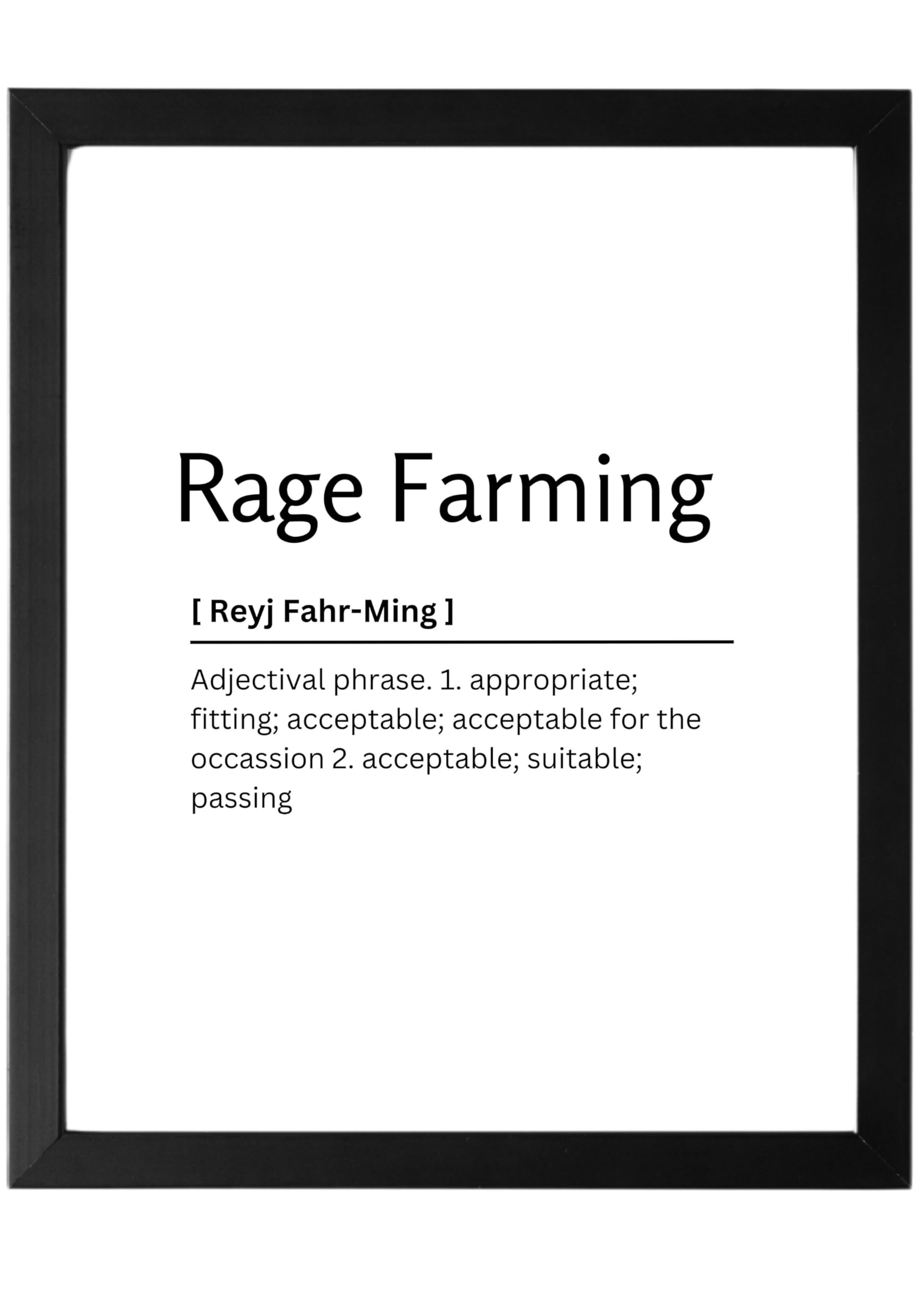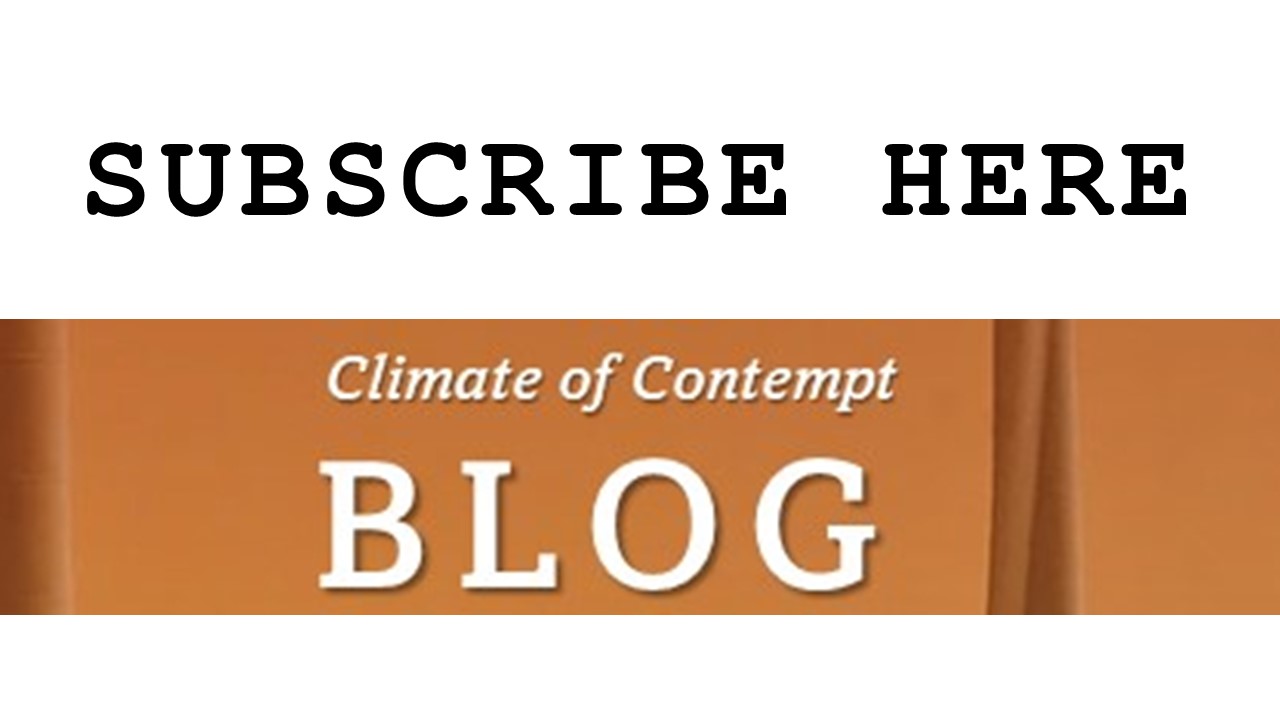It is no secret that ideological and social media have amplified the worst of human nature in many ways. One away it does this is to supercharge the human instinct to blame a group for the bad acts of its individual members, and to endorse punishment of all the members (or every member) of that group. Writing about the recent violent attacks on U.S. Jews by people angry about Israel’s violent oppression in Gaza, New York Times editor Jonathan Weisman wrote:
There is a useful distinction between the clear bigotry of Jew hatred and the political and historical debate over Zionism … But attacks on Jews for the actions of an Israeli government a world away are collective punishment, and collective punishment is bigotry.
Yes, collective punishment is bigotry.
In my book I describe this notion more dryly as an attribution error, one often produced by the logical fallacies of composition and division. Perhaps it is an instinct wired into us from our days surviving in groups on the savannah. Whatever its origins, we are too quick to assign group blame in this way, particularly when we are angry or afraid. And the Internet is the most effective tool in human history for cultivating and steering fear and anger. Indeed, it trains its denizens in the art of “rage farming,” using censored ideological messaging, our instinct to flock to ideological kin groups, and appeals to negative emotions.
So, anger at Israeli violence in Gaza has begotten attempts to assassinate American Jews, some of them successful. Anger at the U.S. health care system has made another assassin a hero to thousands (perhaps millions) of angry Americans.[i] And the nativists managing immigration policy in the Trump administration try to get us to think of undocumented immigrants not as refugees or economic migrants but as “invaders“ and gang members. That way, we are more likely to accept the abduction of immigrants off the street by plain clothes groups of armed, masked thugs, or the deportation of migrants to brutal El Salvadoran prisons.
So much of political debate on social media appeals to our lesser angels because it is effective. It relentlessly builds the case for the immorality of the other group, and why its members deserve our contempt. But this constant rage farming is making us dumber about politics and policy, focused more on who we hate than on devising workable policy responses to complex problems, including climate and energy problems.
The future of democracy depends upon breaking this cycle of escalating hatred. The question is “how?” I don’t know exactly, but I do know that this is a bottom-up problem. Therefore, one constructive step we can each take is to help each other to recognize rage farming and its destructive effects, to discourage it online, and to elevate voices focused on solving problems over those focused on group blame.
One such voice is former Prime Minister of New Zealand, Jacinda Ardern. Ardern said the following this week on the Stephen Colbert show:
We have choices in leadership, particularly in politics. When you’re in times … when people have fear and uncertainty, you can either weaponize that [and] appeal to people using fear and blame, or you can actually tackle the issues that are affecting people’s lives. And you can do it with … kindness and empathy, and strength, and courage, and resilience as well.
I hope people will watch the clip and the audience’s reaction to it. Perhaps more people are tiring of blame-hatred politics. I hope so. Ardern’s message is not unlike the approach advocated by U.S. politicians like Cory Booker and Pete Buttigieg. But if we hear their words as advice directed only at the other side, we will have missed the point entirely. – David Spence
————
[i] The results of this YouGov poll offer a deeper dive into the appeal of Luigi Mangione to his fans.




